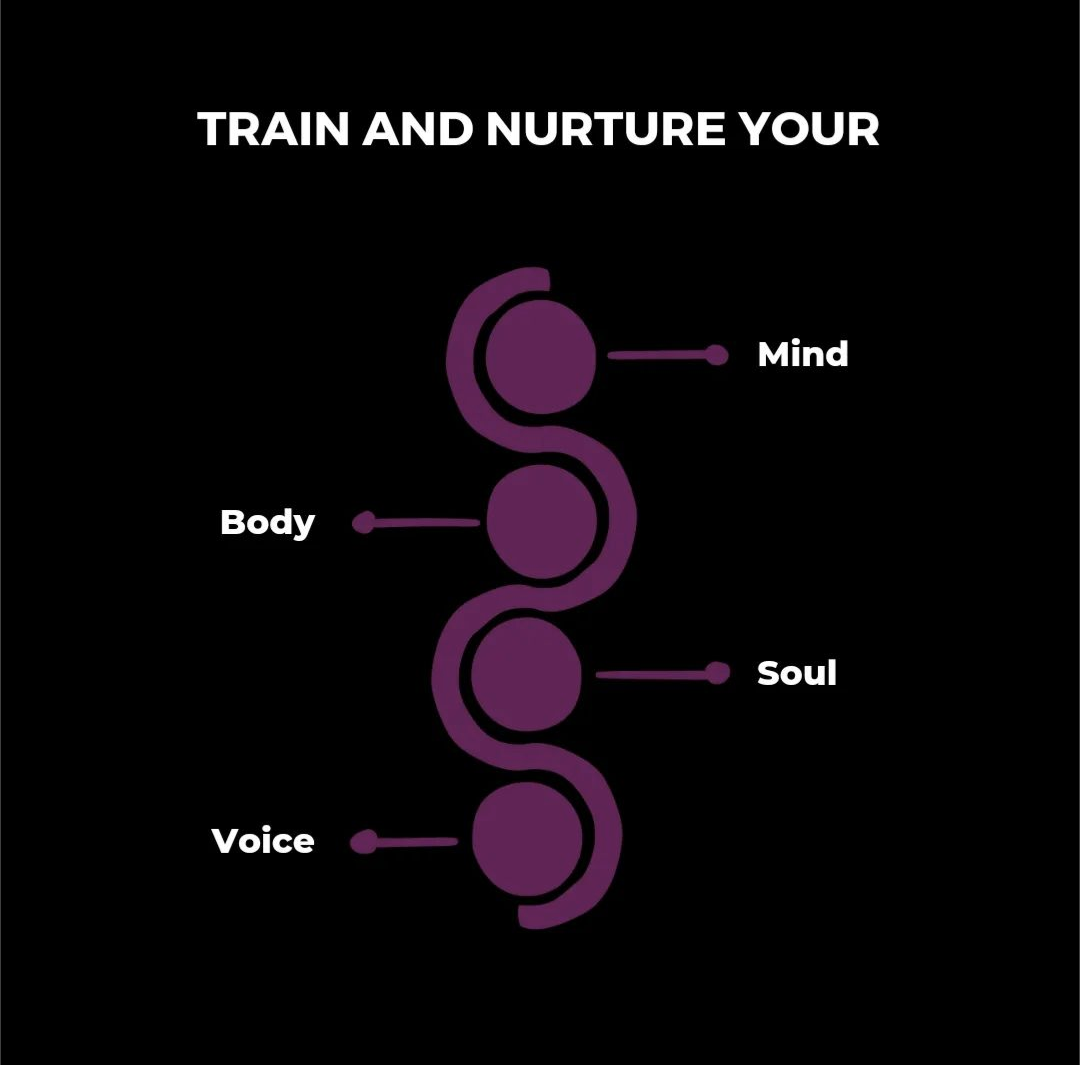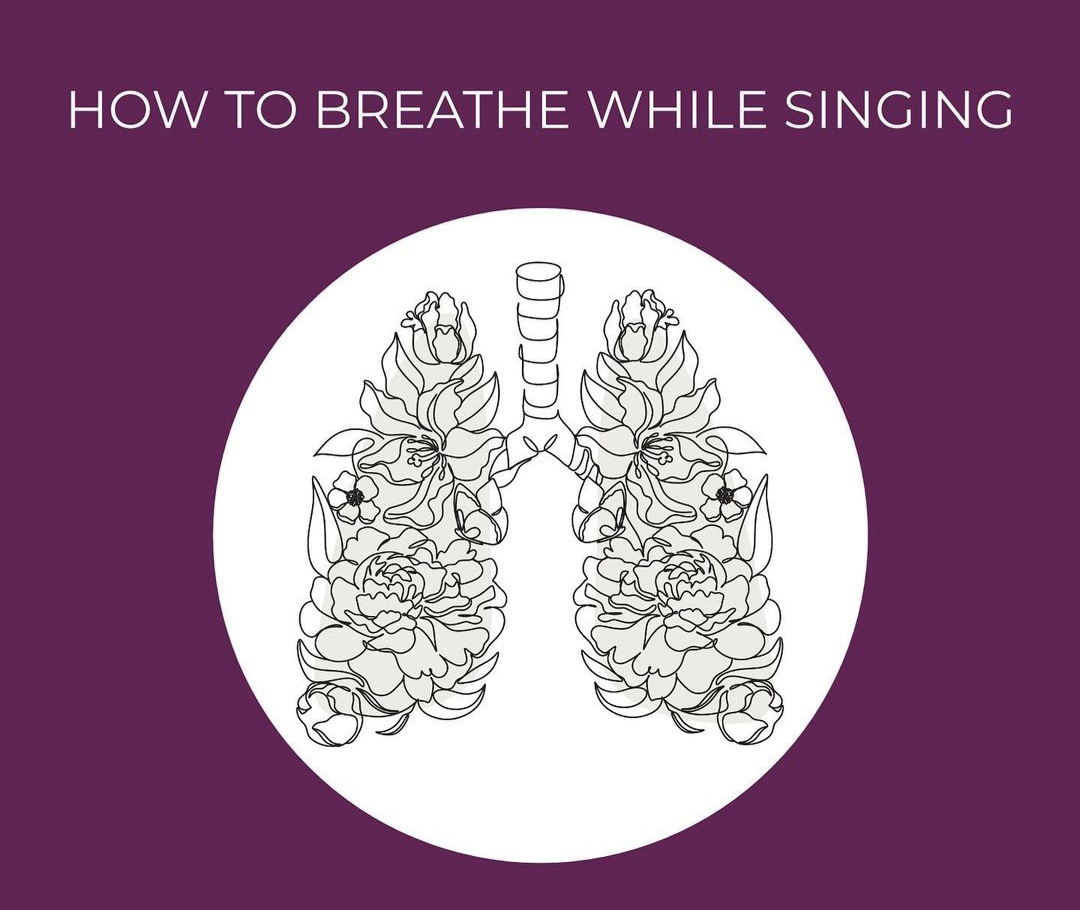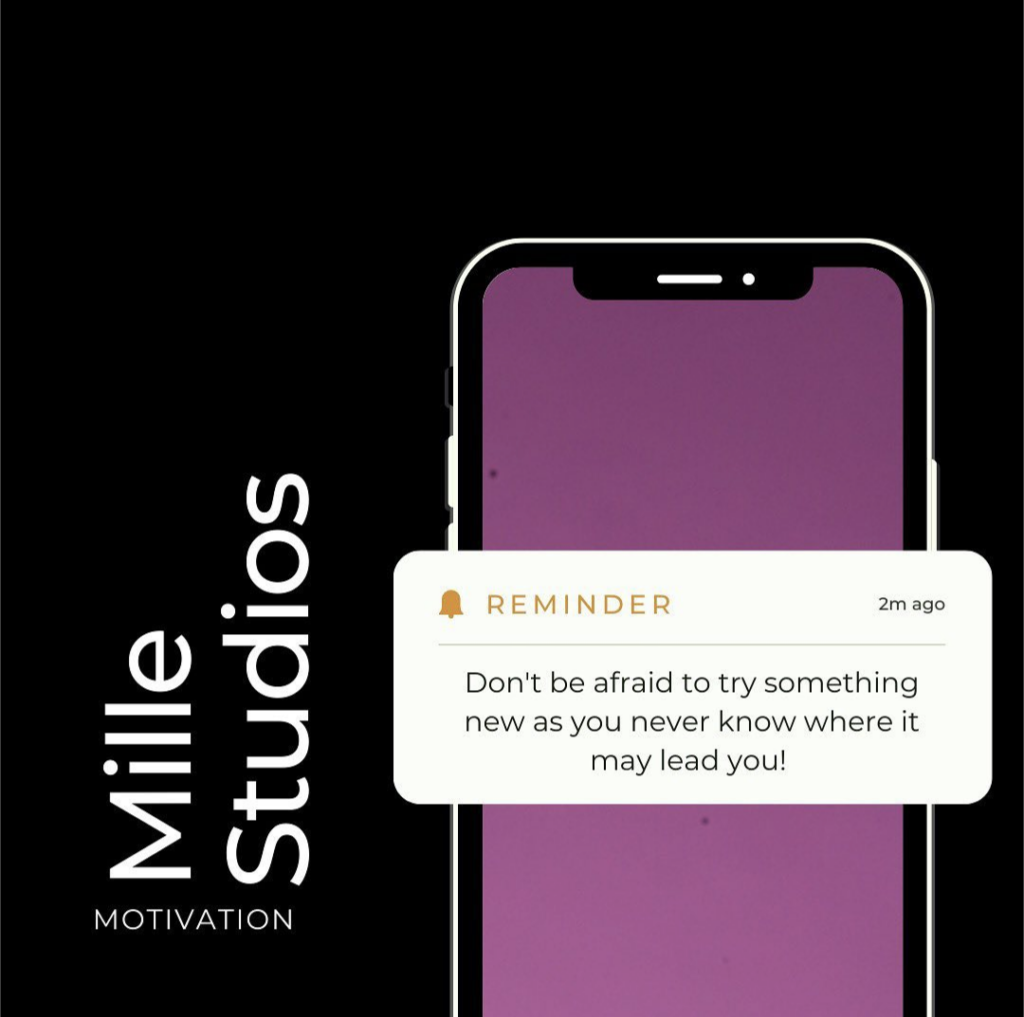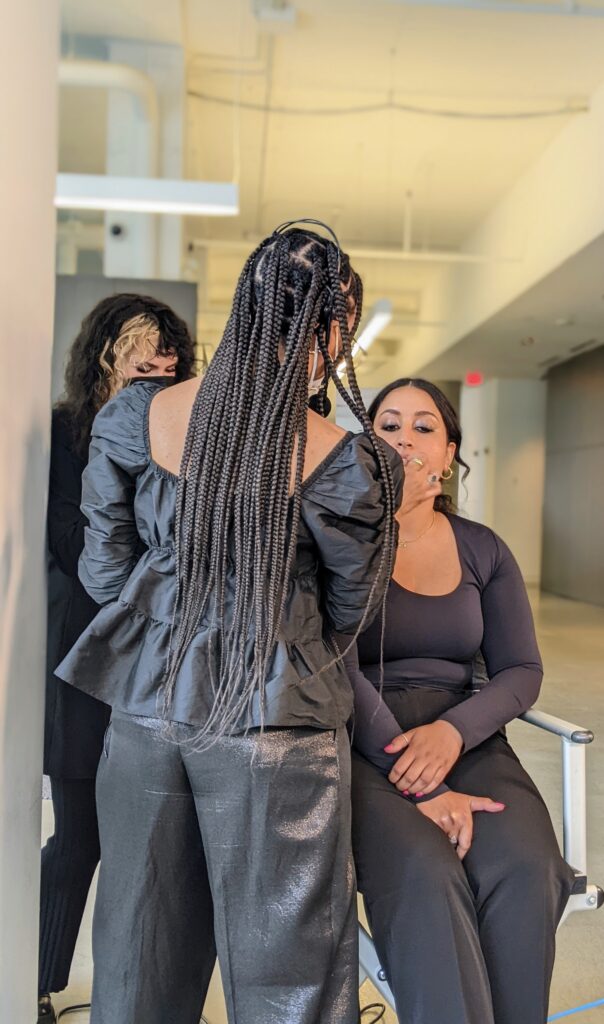
What is voice therapy?
Voice therapy helps people with voice disorders change vocal behaviors and heal their vocal cords. The therapy helps your voice sound stronger and more like before the voice disorder.
Voice therapy can also help prevent a voice disorder. And people who are transgender may benefit from a type of voice therapy called gender-affirming voice therapy.
What are voice disorders?
Vocal disorders occur when your vocal cords vibrate out of synch or don’t fully open or close.
Voice disorders affect your voice box (larynx), and can cause a consistent or inconsistent change in your voice. The larynx is the area of your throat that contains your vocal cords. It also has the muscles you need to talk, breathe, and swallow.
Voice disorders can change the quality, pitch, or loudness of your voice. Your voice may sound strained, husky, or weak. Sometimes, your voice becomes a whisper or disappears altogether.
To reduce your risk of developing a vocal cord lesion, you should avoid:
- Singing or talking excessively if you have an upper respiratory infection.
- Talking excessively or speaking loudly without adequately resting your voice.
- Drinking alcohol excessively and consuming too much caffeine (which dries out your vocal cords).
- Smoking or being in smoke-filled rooms.
You can also put healthy habits into place to care for your vocal cords and reduce your risk of getting sick.
- Drink plenty of water.
- Wash your hands often.
- Get a good night’s sleep.
- Use a microphone if you need to project your voice.
- Warm up your voice before singing or prolonged speaking.
- Rest your voice in anticipation of future speaking obligations.
- Use a humidifier in your home to keep your vocal cords hydrated.
- Use stress reduction techniques, cognitive therapy or yoga to lessen muscle tension.
Whether you are struggling with nodes, respiratory issues, a minor cold, mucous, or stress/vocal fatigue, most of the below will apply to any of these challenges.
What is the definition of a voice disorder? Answering this will help you see the point of doing the vocal exercises even if being a singer is not your goal.
Definition: Vocal disorders occur when your vocal cords vibrate out of synch or don’t fully open or close. The cause can be nodes, a cold, stress on the cords, etc…
I will come at this from a “fitness” approach! So when you train as an athlete you have to take the proper precautions to prevent burnout or fatigue and to increase strength/muscle you have to train with proper nutrition, warm-ups, cools downs, etc, etc. The same goes for your larynx or voice box or vocal folds (which are essentially your muscles for your voice) you have to train your voice just as much as you train the muscles in your body AND as a teacher or fitness instructor or anyone who uses their voice for their job, vocal exercises are vital. They are awkward at first, but eventually, they become easy habitual, and super fun!
Steps to Strengthening Your Voice:
- Diet/nutrition for your voice.
- Vocal exercises.
- Supplementation for your voice.
Diet/nutrition:
- Water water water, hydrate hydrate… simple and no-brainer but it’s absolutely vital.
- Every morning have some warm water with some MAUNKA honey. Not just any honey will do hunny 😉 Must be Manuka because it has anti-bacterial properties. High amounts of methylglyoxal give Manuka honey antibacterial qualities, as well as antiviral, antioxidant, and anti-inflammatory properties. Manuka honey helps to treat colds, flu, wounds, and other infections. Keep it on hand during cold and flu season. It’s an easy way to treat a cough or a nasty sore throat!
- When you have flare-ups or you have important events coming up, reduce inflammatory things such as alcohol and coffee. They dry out your vocal cords… Also, cut out citrus or highly acidic foods when you are having trouble.
Vocal Exercises:
- HUMMMMM humming at a low volume, nothing aggressive is extremely helpful to your cords. To INCREASE your vocal cord strength throw the below Spotify warm-ups on and try to do 10 min of vocal cord training per day. This will build up the stamina in your vocal cords. I added breathing exercises that will also help you engage your core. Even if your core is strong, these exercises show you how you use your core with your diaphragm. If having trouble achieving this on your own, contact me so we can get you correctly using your voice. Vocal exercises Link
Supplementation:
- Respiractin, Bee Propolis, and the Manuka Honey. These are 3 essential supplements for people who use their voice as part of their job.
I’m Sick and Have a Flare-Up – Now What??
- Please remember the following instructions:
- Bowl water and pour it in a bowl and add mint and eucalyptus essential oils into the water. Put a towel over your head and breathe in the steam through your nose and breathe out.
At the end of the day, all of these little things can make a big difference.

For more exercises and tips on singing, subscribe to the blog and follow Mille Studios on IG

































